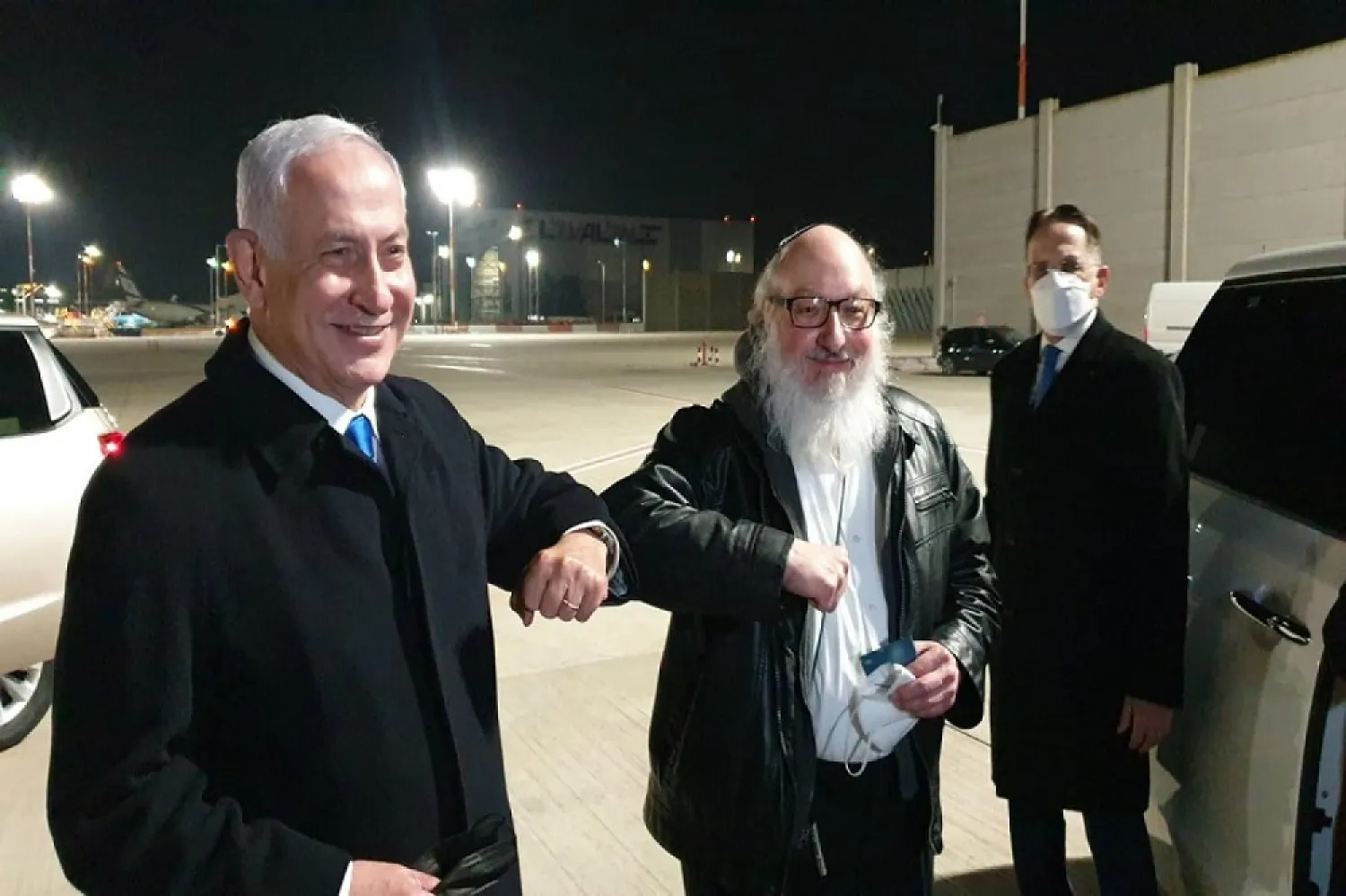Members of the Likud Constitutional Committee approved a plan by Israeli Prime Minister Benjamin Netanyahu to alter the existing balance of power and win the upcoming election by agreeing to skip holding internal primaries and jump to adopting the electoral list.
The unprecedented fourth elections in two years are set for March.
Political sources said that Netanyahu is mulling adding Israeli spy, Jonathan Pollard, to his electoral list. Pollard arrived in Israel on Wednesday.
The US Justice Department ended Pollard's parole last month, following his 1985 arrest for spying while working as a US Navy analyst.
Meanwhile, Netanyahu informed fellow party leaders that he had carried out a study with experts that showed that recent weekly opinion polls released by the media were inaccurate.
The polls, conducted by the three Israeli television channels, showed that the New Hope party, led by former Likud member, Gideon Saar, would win 17 or 18 seats in the elections while the Likud would win 28 or 29.
Netanyahu said his study refuted the polls and showed that could win as much as 40 seats.
However, Saar has better chances to form a government than Netanyahu, as he can secure 61-62 seats from secular Jewish parties, without the vote of Arab or religious Jews.
Such a coalition would include Yesh Atid, headed by Yair Lapid, the Israelis party led by Tel Aviv mayor Ron Huldai, Yisrael Beiteinu led by Avigdor Lieberman, and the union of extreme right-wing parties, headed by Naftali Bennett.
In a new development, signs of a rift appeared in the United Torah Judaism, threatening to end the right-wing alliance with Netanyahu.
MPs Meir Porush and Yisrael Eichler announced their support to Saar, prompting the PM to rush to negotiate with them so that they would remain in the bloc.
Meanwhile, former Israeli Chief of Staff, Gadi Eisenkot, published an op-ed in Yedioth Aharonoth, explaining his current decision to move away from politics.
Eisenkot warned that Israel's greatest threat is not Hamas or Iran, but political infighting
Times are tough for Israel because it has to deal not only with enemies abroad but with a debilitating political crisis accompanied by extreme and violent public discourse and a lack of faith in its institutions and leaders, he wrote.
Israel needs leadership that would push for its national values that lead by example, works to strengthen the public's trust in its institutions, bolster the public sector and reassure a balance between the judiciary, executive and legislative branches, while being acceptant of constructive and bold criticism, according to Eiskenot.
“Along with strengthening our position at home, we must continue to prepare against security threats. Our strategic stance has improved, thanks to the normalization agreements Israel signed in the passing months with a number of Arab states.”
The former chief asserted that Israelis must work toward full separation from the Palestinians, preferably through a comprehensive agreement, with strict security provisions, keeping the population centers in the West Bank and the important Jordan Valley region.
Regarding the Gaza Strip, Eisenkot wrote that it is an independent and failing entity threatening Israel, stressing that a long-term ceasefire should be reached, including a provision for the return of Israeli hostages, the economic development of the region and total disarmament of the “terror” factions in the coastal enclave.









